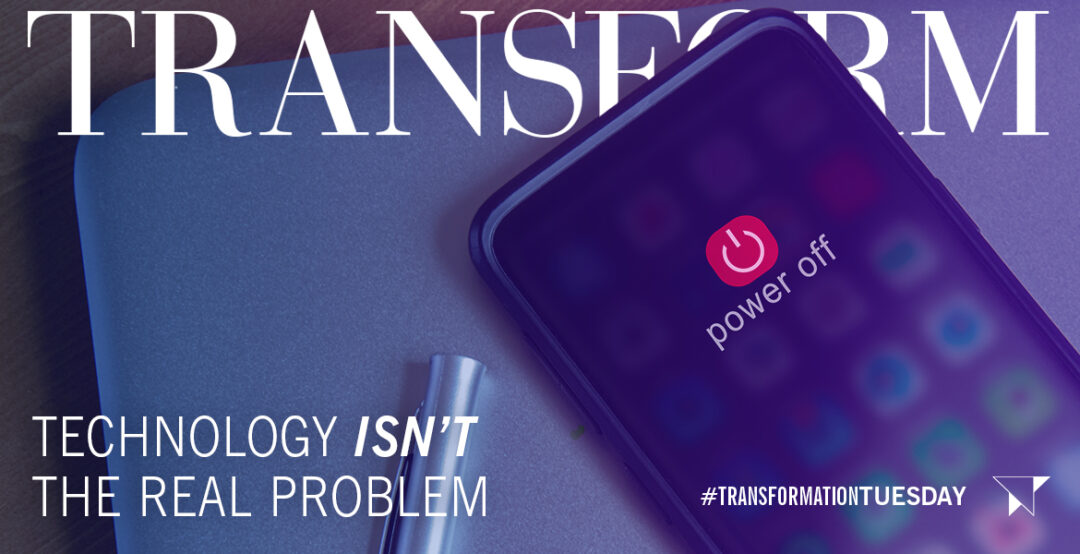2022 is here, and my attachment to screens seems particularly activated. I guess it’s time to take a look at what’s really going on—what’s driving my need to constantly check in on every little thing. For me, I think it stems from my desire to try to control things while everything seems more out of my control than usual. Maybe I gain some false sense of control and momentarily relief that there’s not something wrong. Certainly, we’re all having different experiences. For those of you who are feeling a little too attached, here’s a blog we wrote some time ago that prompted my reflection on this issue. Perhaps it will be of help.
Are screens really the problem or a symptom? Opting in (or out!), unplugging, and cultivating more device-free, face-to-face moments seems to be a growing movement. Let’s face it: technology isn’t the real problem. Sure, we live in a tech-saturated world. However, digital devices and technology just provide more channels—more pathways—that act to introduce more distraction and complexity. So, when it comes to “unplugging,” let’s address the elephant in the room: It’s about behavior change. For behaviors to change, we each need to find ways that work for us as individuals. The same applies to digital detox—everyone needs to do it differently.
Now, let’s turn our focus. How (and when) you choose to unplug, you create more time and space to connect with others and yourself. These moments are powerful. Use them to reimagine and reinvent. As you gain more awareness and become literally less distracted, you notice a shift happens. You choose to break free versus feed your digital habits. Why? Ultimately technology is just another tool. The game-changer is in recognizing this truth and changing our behaviors.
When we make the choice to set boundaries and change a habit—to not engage in too much tech—we find ourselves participating in activities that don’t involve screens at all and doing things that build relationships and perspectives. Deeper conversations emerge and fuel stronger relationships. Leaders know you cannot function when you are exhausted and empty. You have to make replenishing your body, mind, and soul a priority.
Ultimately what you do with your time shift is entirely up to you. Use the investment in creating more space to help influence changing approaches, attitudes, and behaviors to realize the real value. And as for the ROI, we think you’ll find it is the experiences, moments, and, of course, irreplaceable memories that define us. Because, after all, you own your shift.
Mary Anne Wampler
PRINCIPAL, TRANSFORM, INC.




